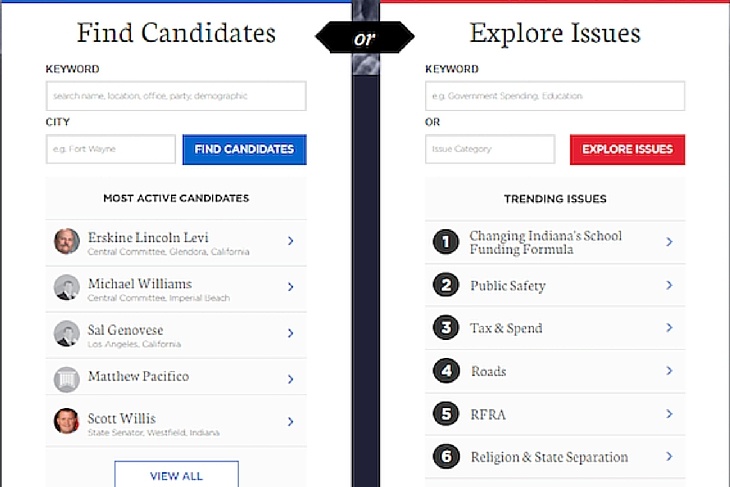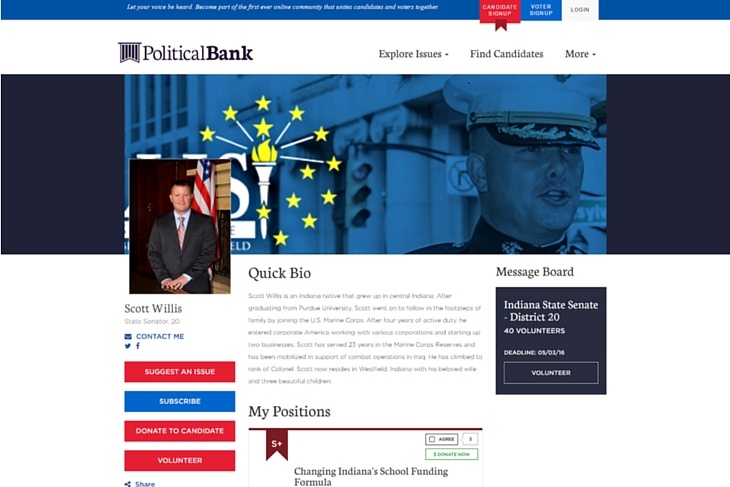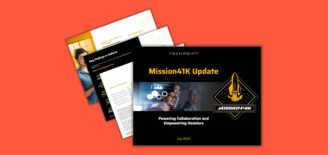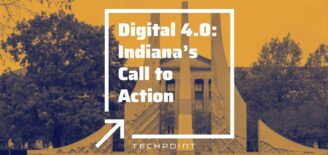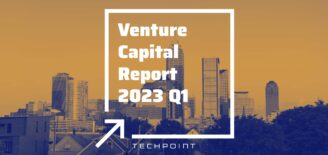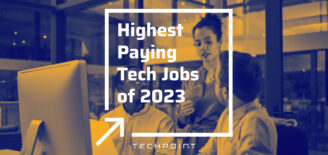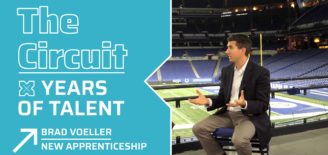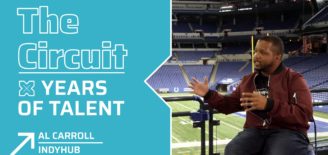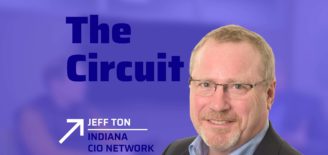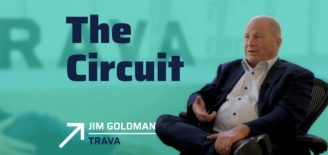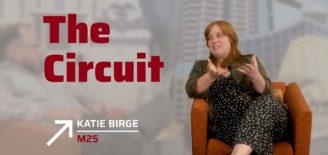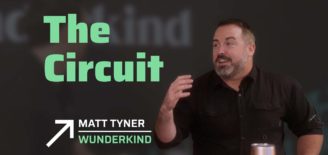Prepare for the 2016 Indiana Primary Election with PoliticalBank
The 2016 Indiana primary election is Tuesday, May 3, when thousands of people will head to the polls and vote for the candidate that best represents their values. With so many candidates running for office, how do you know who best matches your values? Searching various news articles, government and candidate websites, and social media pages is neither efficient nor effective in matching your priorities to the right candidates.
That’s what Adam Berry was thinking in late 2014 when he was working in the Indiana Governor’s Office.“I’m a Republican, but not necessarily a traditional Republican. I don’t have the means to go online and find candidates or elected officials who are, for example, conservative on taxes and fiscal issues, moderate on environmental issues, but socially liberal,” said Berry.
Berry visualized a platform that could be used by both the voters and the candidates, allowing voters to quickly and easily understand where candidates stand on certain issues while also allowing candidates to effectively communicate their campaign to voters.
“You can go to Amazon or most any online shopping retail website and use a filter system to find what you want,” said Berry. Why not have a similar experience for politics? After conducting a competitive analysis, Berry realized there was no other website on the market with these search functions in mind, so in April 2015 he began developing PoliticalBank.
Today, PoliticalBank has 95% of the candidates running in Indiana’s primary election on their website. It is up to the candidate to claim his or her profile, but voters can still use PoliticalBank to find out who is on the ballot.
PoliticalBank provides a solution to two issues. First, it offers a simple, interactive platform for candidates to raise money, rally supporters, and convey clearly their positions on issues. Second, voters can register with the website to find and support elected officials who share their ideology or compare candidates vying for the same office.
To fulfill his vision, Berry worked with KSM Consulting to manage the design and development, which were performed by exacta and ConnectThink, respectively. They chose Ruby on Rails over PHP in large part because it is faster to develop, easier to scale and is the preferred language for Heroku, the system that sits on top of Ruby for processing and interface purposes.
“It was never a question of open source or closed source. We definitely wanted to use open source to speed up development. Ruby on Rails also made the website easier to use across multiple platforms like tablets and smartphones,” said Berry.
That powerful, smart search function Berry wanted was the next hurdle to overcome in creating the site. A decision had to be made between using Algolia, a cloud hosted search API, and Google, for users to search the site by name, demographic and issue. “We decided Algolia has better flexibility, is faster to implement, faster to provide requests, and easier to customize, so that’s the search engine that powers PoliticalBank.”
By September 2015, PoliticalBank was launched.
Building a campaign website is expensive in both dollars and time. Candidates and elected officials can sign up for PoliticalBank and have a fully functioning website in less than 10 minutes. From there, they can recruit volunteers, convey their issues in ways that are searchable by voters, and even accept campaign donations.
Berry chose Stripe, a suite of API’s that powers online commerce, to power the donation process. “Stripe has a fantastic API that allows us to create a single user experience that’s integrated into the platform, so that when you donate to a candidate, it all takes place on PoliticalBank,” said Berry. “We don’t keep any of that personal or financial information. It all lives in Stripe and we don’t ever hold onto any money. It goes directly into the candidate’s campaign bank account instantly. Stripe also makes it easy to capture, organize, and provide to candidates the information they need to complete campaign finance reports.”
While Berry has his own political views, PoliticalBank is entirely nonpartisan and exists beyond the election season. As stated on the website, “Whether you’re a card-carrying Democrat from Bloomington or a member of the Little Bit of Politics Party in LaPorte County, we don’t play favorites.” In fact, Adam and his co-founder, Frank T. Short, sit on opposite sides of the political aisle.
Before you head to the polls on May 3 to vote in the Indiana primary election, take a moment to search for your candidates and elected officials or explore trending issues on PoliticalBank. Type in “Indiana” and filter the candidates by whether they strongly agree, somewhat agree, or strongly support a particular issue.
“We have received positive feedback and tremendous growth in candidates using the system,” said Berry. PoliticalBank has received 300% growth in traffic over the last three months alone. “We are really starting to see traction that we hoped we would when we built it. We are proud to see something that started on a napkin turn into a really powerful resource for candidates and voters.”
What’s next beyond Election 2016? Voters can currently suggest issues of importance to candidates through PoliticalBank, participate in polls and follow issues that are of interest to you. Later this year, the PoliticalBank team intends to roll-out additional improvements that increase engagement by all political stakeholders and add transparency to our political system.
For more information or to register as a voter or candidate, visit PoliticalBank.com.


